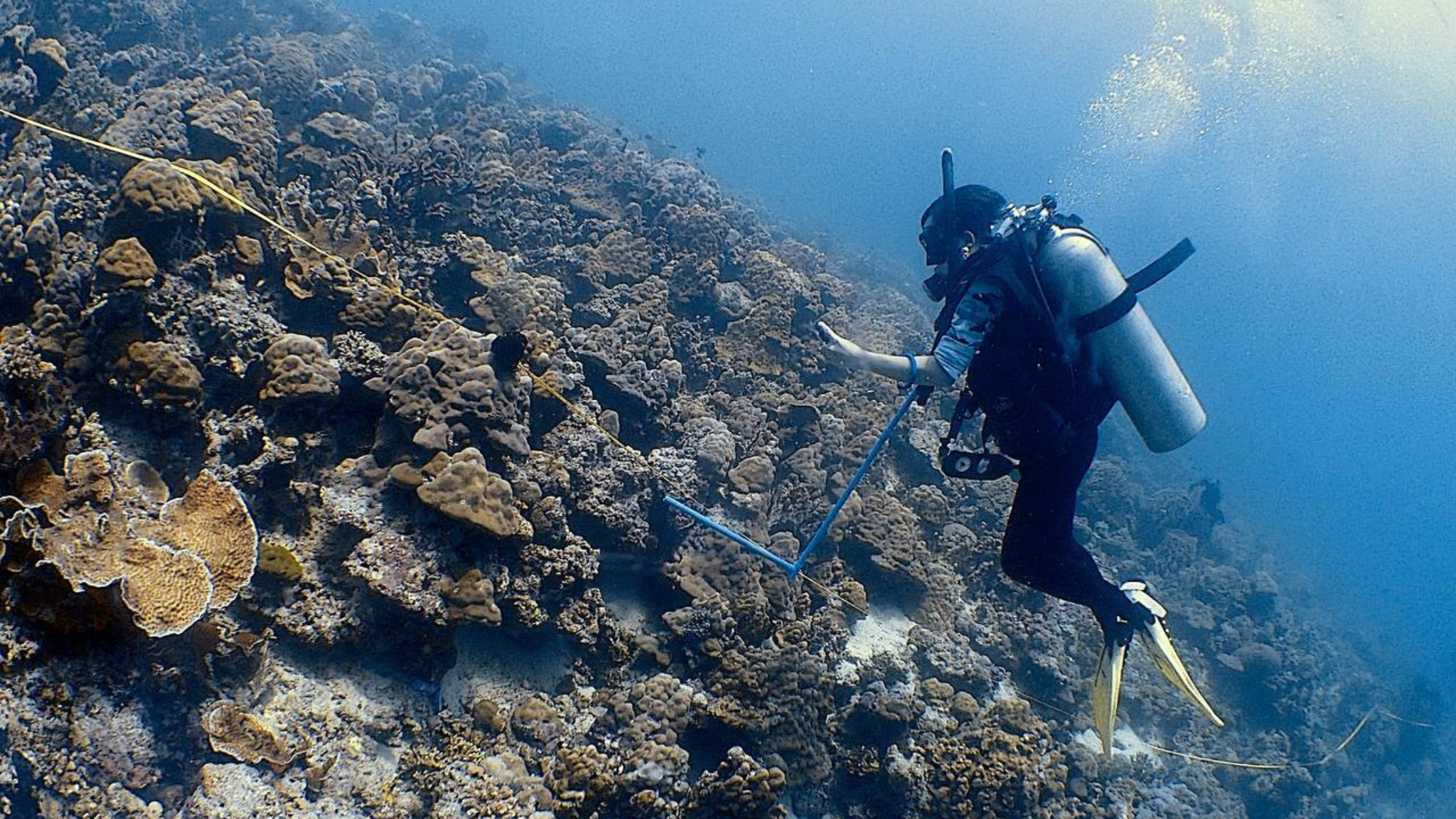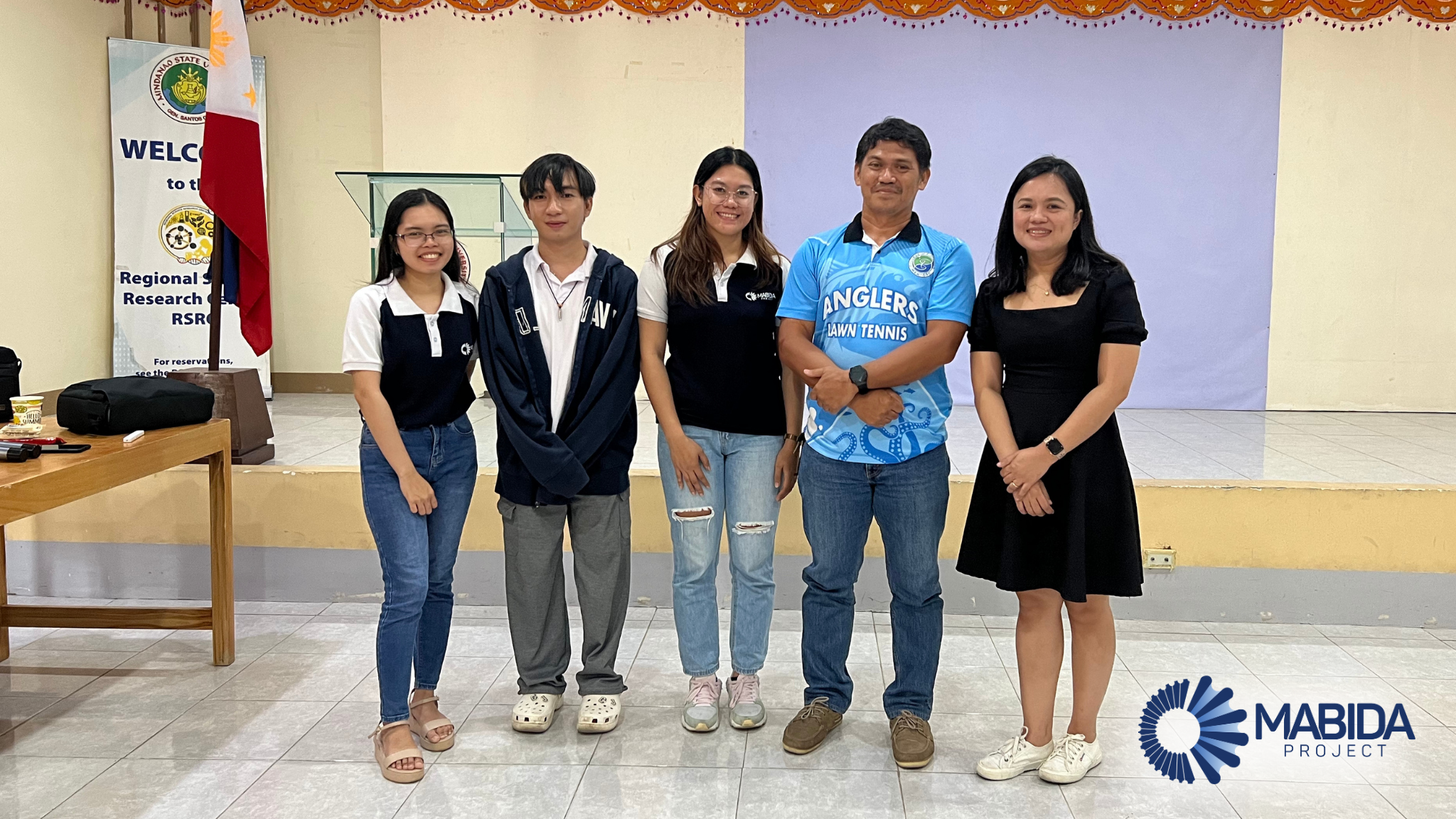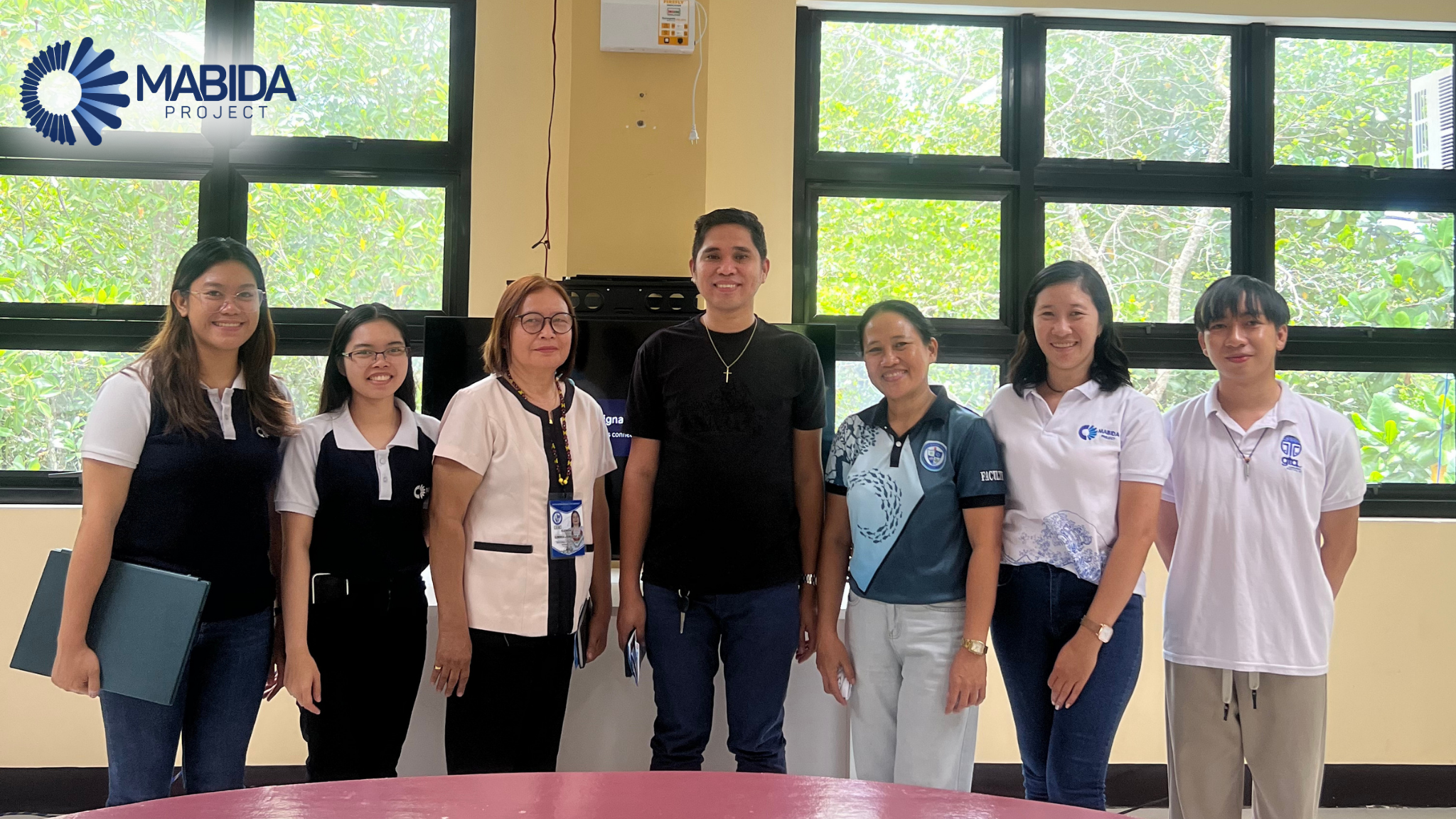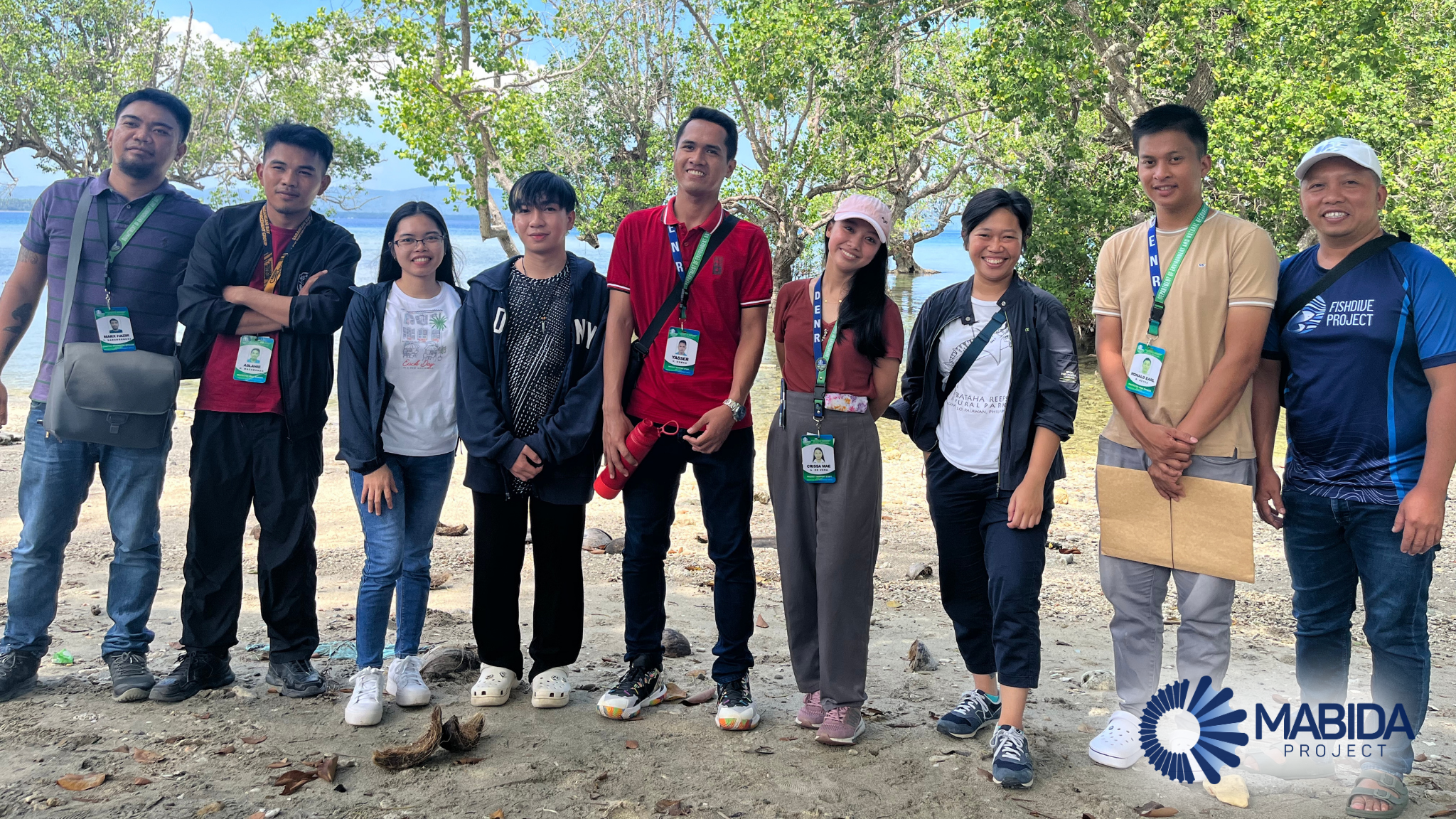
Photo taken by Carabao Dive Center
MABIDA and FishDive Teams Advance Marine Conservation Research in Talicud Island MPAs
Written by Irene Faith Makinano
Uploaded on Sept. 9, 2024
The MABIDA and FishDive Projects have successfully completed another underwater data collection expedition in the Marine Protected Areas (MPAs) of Talicud Island, Island Garden City of Samal, Davao del Norte. Conducted on September 9, 2024, this activity was a key component of the ongoing ABRAHAM Program under the University of the Philippines Mindanao.
The primary objective was to gather in-situ data for benthic habitat mapping and fish visual census. This data is essential for assessing the health and biodiversity of the marine ecosystems within these MPAs, helping to inform sustainable management practices.
The collaboration between MABIDA and FishDive highlights their shared commitment to marine conservation and scientific research in the region. The successful completion of this expedition marks a significant milestone in their joint efforts to protect and preserve the rich marine biodiversity of Talicud Island.



